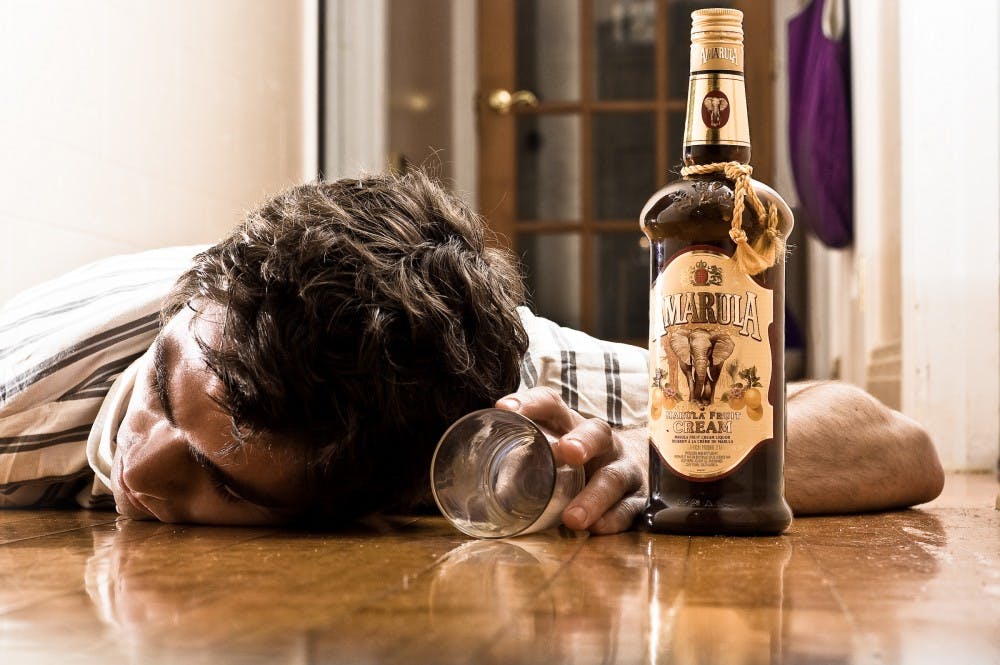On a typical weekend, Penn students can often count on a friend talking about blacking out. Reagan Wetherill, a research assistant professor at Penn who focuses on blackouts specifically, explained the phenomenon.
Forty percent of college students will experience a blackout, Wetherill said. She added that people who experience blackouts are predisposed to experience more of them after the initial blackout.
“Usually when I blackout, it’s an accident,” Nursing sophomore Rachel, who has blacked out multiple times, said. “Sometimes, I’ll start drinking and I don’t feel it, so I’ll continue to take more shots, but then it’ll hit me,” Rachel, who preferred her last name to not be used, said.
Wetherill explained the two types of blackout. What most consider blacking out is called en bloc, which is characterized by complete memory loss, high blood alcohol content and often results in passing out. “Browning out,” on the other hand, is fragmentary and characterized by piecing together the evening in the morning and not remembering getting home.
In a blacked-out brain, Wetherill said, information from an individual’s surrounding goes into short-term memory but is not encoded into long-term memory.
“I think blacking out is kind of scary in general, but at the same time, I’ve never lost my phone, I’ve never been hospitalized,” Rachel said. Since losing her keys the third night of college, she has not lost anything since. “I’m not super worried — it’s college.”
College sophomore Amanda, who preferred her real name not be used, said she has lost many belongings while blacked out. “I’ve lost three debit cards and broken my phone. At Lollapalooza I lost an entire backpack,” she said.
Rachel offered some words of advice to those who think they might be blacking out too often. “If you’re blacking out and it’s causing problems in your sober life, its a problem,” she added. “If your friends have to take care of you every weekend, it’s annoying, it’s creating problems, you need to stop drinking so much.” The last time Rachel blacked out was Friday night.
Amanda said she blacked out more second semester of her freshman year after joining a sorority, but still blacks out often. She said she doesn’t usually have full en block blackouts — she reserves those for occasions that typically involve more drinking, such as her birthday or formals, which she tries to plan in advance for and “be intelligent about my drinking.” However, she said she browns out about every two weeks.
“I don’t love blacking out,” she said. “I don’t get sick ever, so it is better than throwing up I guess.”
College junior Sara Jones, the chief of the Medical Emergency Response Team, explained that when students call the service, the call gets automatically sent to Philadelphia fire department medics as well. Half of MERT’s calls are alcohol-related, she said.
While MERT provides the first response, once the medics arrive, they usually transport the patient to the hospital and out of MERT’s hands.
“It’s unfortunate that people only associate us with the ambulance or hospital bill because we are only trying to help,” Jones said. “But the payoff is seeing people’s friends after we have stabilized them, or made sure they’re okay. They realize in the aftermath that our main goal is the student’s safety.”
However, students continue to blackout every weekend, despite horror stories from their friends. It is part of not only Penn’s, but Philadelphia’s culture, Wetherill explained.
“Pregaming, frats and sororities, as well as Philly being a city of drinkers, all contribute to blackouts,” she said.



